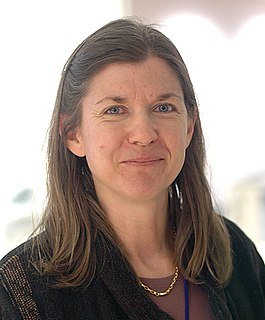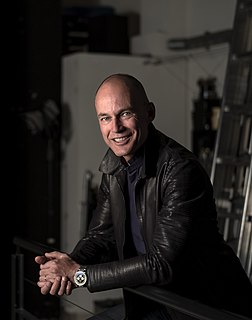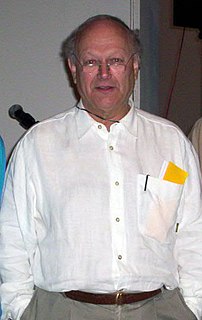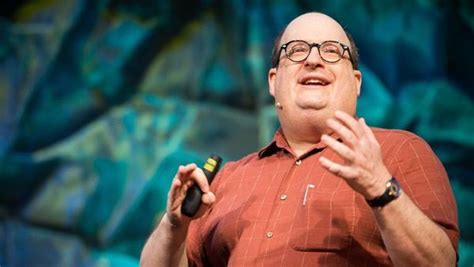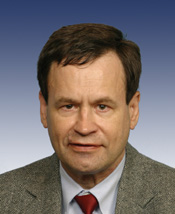A Quote by Ken Yeang
Better use of space, improving the insulation, getting more daylight into the buildings, reducing the energy consumption of the air conditioning and heating systems, making sure that the internal air quality is good, that we have increased natural ventilation opportunities in the mid seasons. You know these are some of the things we can do.
Related Quotes
But we must also look at renewable heat technology. More combined heat and power schemes, putting waste heat to better use. More district heating schemes. And more electric air and ground-source heat pumps, drawing warmth from the outside world to heat the indoors. Better insulation, smarter homes, and more efficient heating can help us cut our energy demand.
If an aircraft is able to fly day and night without fuel, propelled only by solar energy, let no one claim that it is impossible to do the same thing for motor vehicles, heating and air-conditioning systems or computers, etc. This project voices our conviction that a pioneering spirit with political vision can together change society and and reduce society's dependence on fossil energies.
I'm very interested in buildings that adapt to changes in climatic conditions according to the seasons, buildings capable of responding to our physical and psychological needs in the way that clothing does. We don't turn on the air-conditioning as we walk through the streets in high summer. Instead, we change the character of the clothing by which we are protected. Layering and changeability: this is the key.
Developed and benefited from the unsustainable patterns of production and consumption which have produced our present dilemma. It is clear that current lifestyles and consumption patterns of the affluent middle class-involving high meat intake, consumption of large amounts of frozen and convenience foods, use of fossil fuels, appliances, home and work-place air-conditioning, and suburban housing-are not sustainable. A shift is necessary toward lifestyles less geared to environmentally damaging consumption patterns.
Good design, when it’s done well, becomes invisible. It’s only when it’s done poorly that we notice it. Think of it like a room’s air conditioning. We only notice it when it’s too hot, too cold, making too much noise, or the unit is dripping on us. Yet, if the air conditioning is perfect, nobody say anything and we focus, instead, on the task at hand.
An aggressive building performance standard for all new buildings, and a set of performance requirements to be met by all buildings before they can be sold (when upgrades can be included in the new mortgage). These should encompass heating and cooling, lighting, and plug loads. Coupled with new efficiency standards for appliances, lights, and furnaces, this should reduce the energy consumption of new buildings by 50 percent, more or less immediately, and go on from there.
First, we must stop wasting energy. A quarter of the UK's carbon emissions come from the home. Our housing stock - the oldest in Europe - is costing us the earth... After transport, heating is the second biggest driver of energy demand in Britain. British Gas research suggests that householders who put in energy efficiency measures cut their gas consumption by 44%. Better insulated buildings will do much of the work for us.



